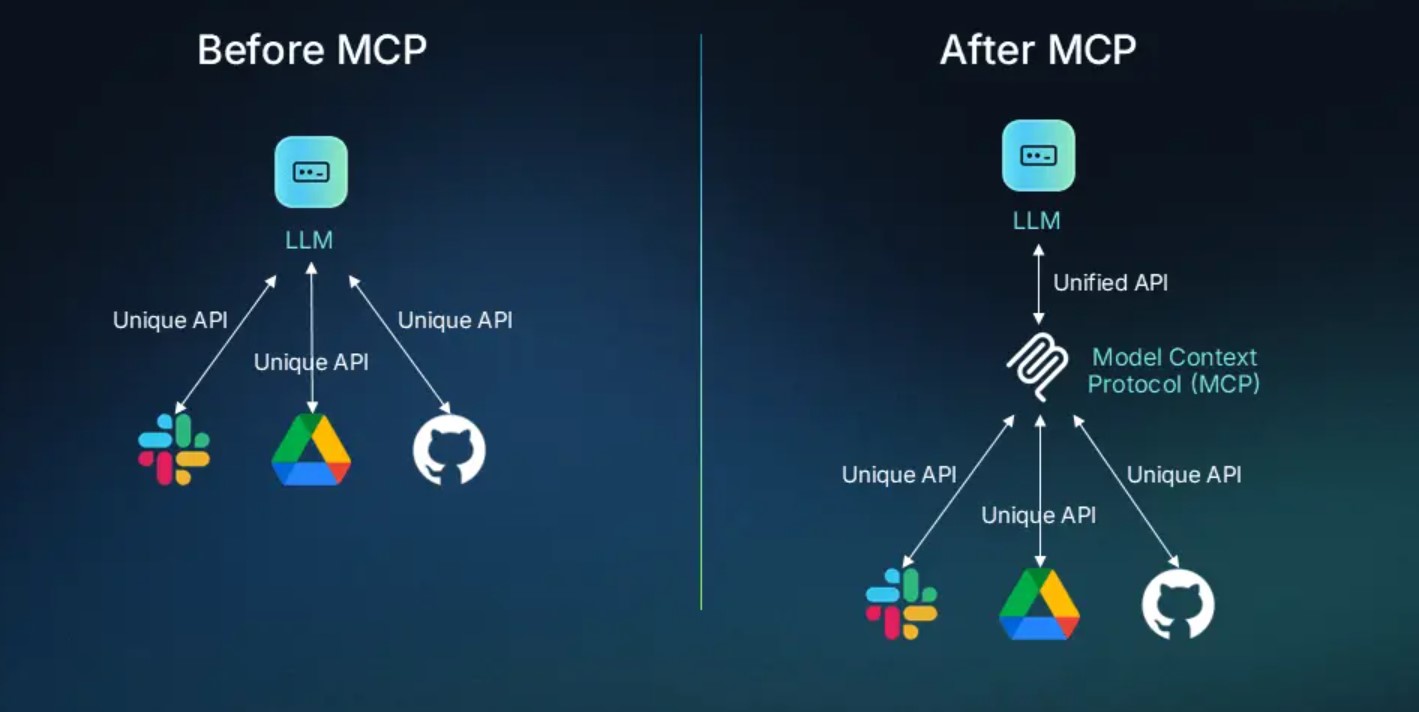 In today’s fast‐paced software world, it isn’t uncommon to feel overwhelmed by operational tasks. Developers often spend just 16% of their time coding, while the remaining hours are swallowed by context switching—jumping between tools, apps, and endless notifications. If you’ve ever wrestled with keeping your focus amid constant interruptions, you’re not alone.
In today’s fast‐paced software world, it isn’t uncommon to feel overwhelmed by operational tasks. Developers often spend just 16% of their time coding, while the remaining hours are swallowed by context switching—jumping between tools, apps, and endless notifications. If you’ve ever wrestled with keeping your focus amid constant interruptions, you’re not alone.
Recent research backs up this struggle. Harvard Business Review reports that digital workers switch between apps around 1,200 times a day, while the University of California suggests each interruption costs about 23 minutes of regained focus. That’s a steep price to pay—not to mention the 30% of tasks that never get finished. Recognising these challenges, Jarrod Ruhland from Brex points out that developers are at their best when they stay concentrated in their integrated development environment (IDE).
Enter the Model Context Protocol (MCP). Launched by Anthropic in November 2024, MCP is an open standard designed to tie AI systems—especially those powered by large language models—to the everyday tools you depend on. With MCP, your IDE becomes a central hub for project details, communications, and documentation. Imagine checking Slack messages, updating project trackers like Linear, or retrieving notes from Glean—all without leaving your coding environment.
This streamlined approach not only cuts down on the mental toll of switching contexts, it can also boost productivity. Teams, like those at Riot Games, have seen a 27% drop in the time it takes to test and iterate code. Of course, MCP isn’t without its quirks: it currently lacks built‑in authentication and permission controls, and overloading your IDE with too many integrations might overwhelm the AI’s context window. Nonetheless, MCP is already showing practical benefits, and it serves as a promising step toward a more efficient, focused workflow.








